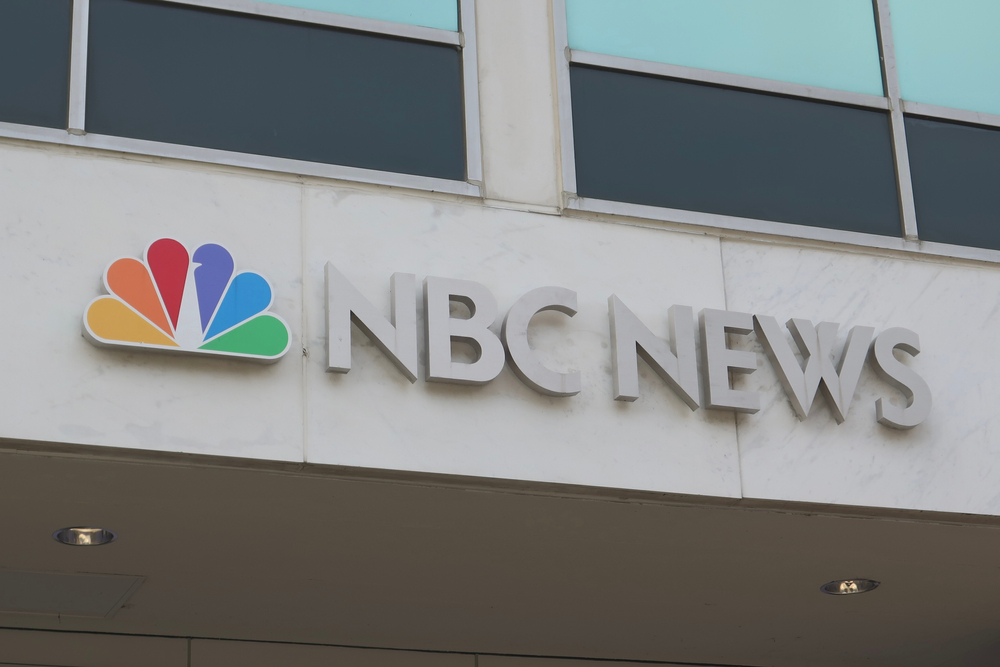Allegations of Biased Journalism
Donald Trump has intensified his campaign against major U.S. media, directing his criticism at ABC News and NBC News. He accused the two outlets of producing overwhelmingly negative stories about him and declared they should “face heavy consequences.” On his social network Truth Social, Trump argued that nearly all coverage of him was unfavorable despite his popularity. He also claimed that Republicans and conservatives in general were being misrepresented.
Appeal to the FCC
Trump pointed to the Federal Communications Commission (FCC), the authority responsible for regulating broadcast media, insisting that the two networks act as “tools of the Democratic Party.” He argued that their licenses should be revoked, or at least that they should pay a significant price for using what he described as “America’s most valuable broadcast frequencies.” Trump branded ABC and NBC as “among the most dishonest and slanted news outlets worldwide” and called them “a serious threat to democracy.”
Rules Protecting Media Freedom
In the U.S., TV licenses are typically valid for eight years and may only be canceled in cases of severe misconduct, not because of critical coverage. Freedom of the press is enshrined in the Constitution. Nevertheless, during Trump’s second presidency, the FCC has been increasingly seen as an instrument of his administration’s agenda. Shortly after winning the election, Trump appointed Republican Brendan Carr as chairman of the commission.
Other Media Outlets Under Fire
Trump’s confrontations extend beyond ABC and NBC. The Wall Street Journal was barred from traveling on the presidential aircraft after publishing an article about Trump’s connections to convicted sex offender Jeffrey Epstein. The Associated Press has also been denied access to Air Force One, following its refusal to adopt Trump’s directive to rename the Gulf of Mexico the “Gulf of America.”



